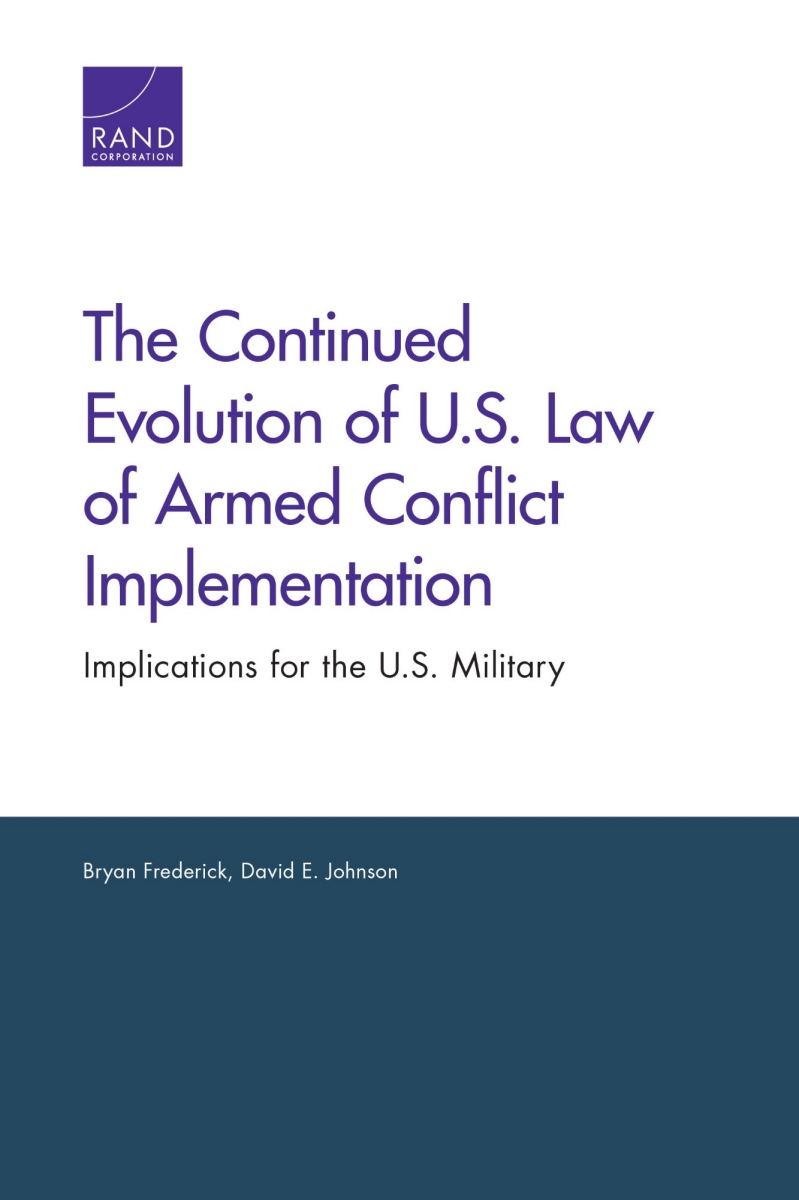

Gray Professor of Law Harvard Law School David Alan Sklansky Yosef Osheawich Professor of Law University of California at Berkeley School of Law Kent D. Sitkoff Assistant Professor of Law SMU Dedman School of Law Professor of Law Hofstra University School of Law John L.

Corn Presidential Research Professor South Texas College of Law Victor Hansen Professor of Law New England Law-Boston Richard B. Krier Earl Warren DeLano Professor of Law The University of Michigan Law School THE LAW OF ARMED CONFLICT: AN OPERATIONAL APPROACH Meyers Professor of Law and Business Stanford University Marc and Eva Stern Professor of Law and Business Columbia Law School James E. Tisch Professor of Law New York University School of Law Peter and Kirsten Bedford Senior Fellow The Hoover Institution Senior Lecturer in Law The University of Chicago Ronald J. Visit megaphone.ASPEN CASEBOOK SERIES EDITORIAL ADVISORS Vicki Been Elihu Root Professor of Law New York University School of Law Erwin Chemerinsky Dean and Distinguished Professor of Law University of California, Irvine, School of Law Richard A. Why have states stopped issuing formal declarations of war? Why have states stopped concluding formal peace treaties? Why are civil wars especially likely to end in peace treaties today? In addressing such questions, Fazal provides a lively and intriguing account of the implications of the laws of war. By using the laws of war strategically, Fazal suggests, belligerents in both interstate and civil wars relate those laws to their big-picture goals.

Fazal assesses the unintended consequences of the proliferation of the laws of war for the commencement, conduct, and conclusion of wars over the course of the past one hundred fifty years.įazal outlines three main arguments: early laws of war favored belligerents, but more recent additions have constrained them this shift may be attributable to a growing divide between lawmakers and those who must comply with international humanitarian law and lawmakers have been consistently inattentive to how rebel groups might receive these laws. In Wars of Law: Unintended Consequences in the Regulation of Armed Conflict (Cornell UP, 2020), Tanisha M.


 0 kommentar(er)
0 kommentar(er)
